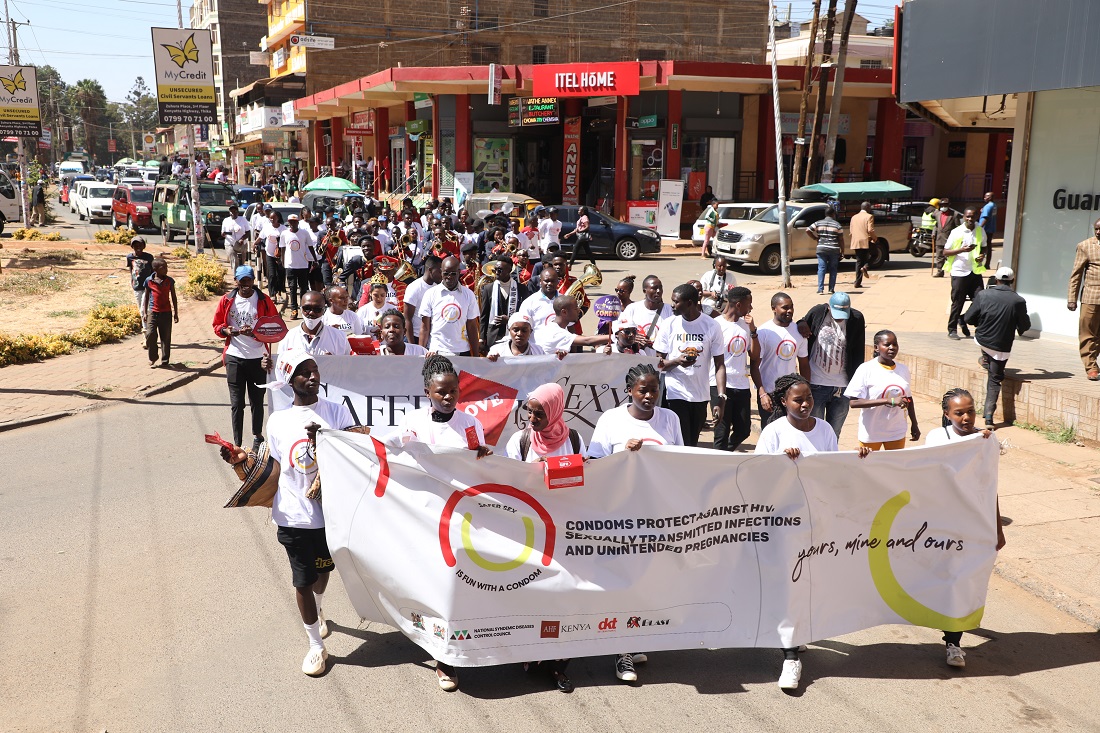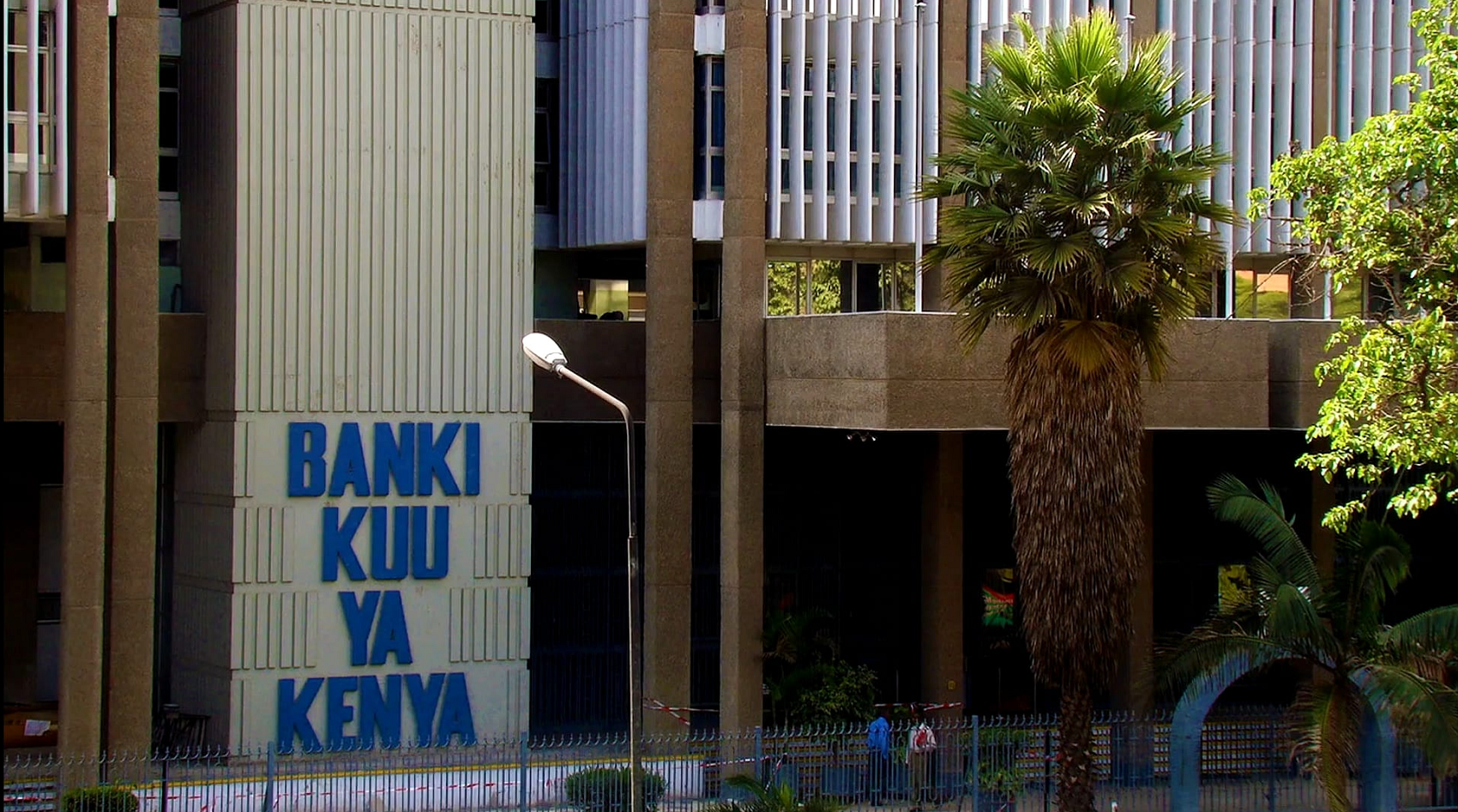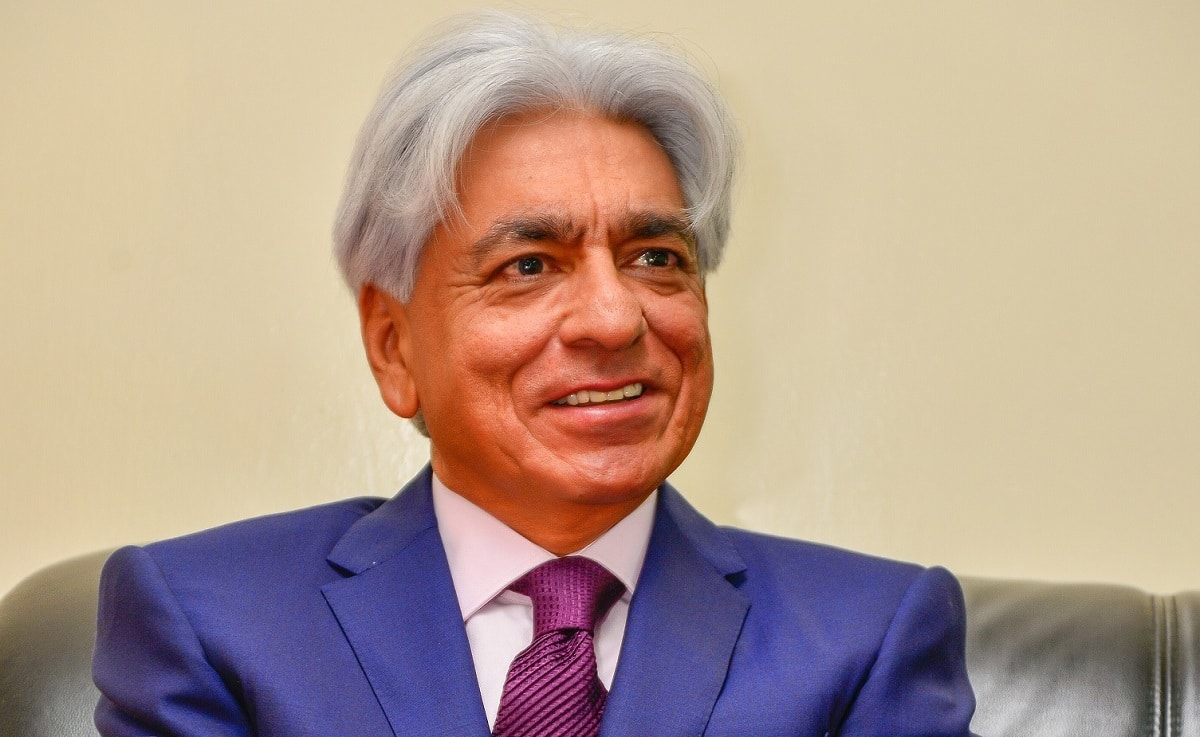The current condom shortage in Kenya has put sexual health and HIV prevention efforts at risk. And, for the first time, the main causes of the shortage have been revealed, exposing just how vulnerable the supply system of this vital item can be.
Despite being one of the countries hardest hit by the HIV/AIDS pandemic, the shortage of condoms has made it difficult for individuals to access this crucial form of protection.
It has emerged that the current condom shortage has been caused by among others, growing demand among sexually active Kenyans seeking safety from HIV and other sexually transmitted diseases as well as unplanned pregnancies. The other main cause of the shortage is withdrawal by donors from condoms funding after Kenya was classified as a middle income country.
Surprisingly, there is a tax element that is makes condoms a little more expensive to import. In Kenya, condoms attract 16% value-added tax because it is categorized as a medical device rather than a medical supply.
See >> How KBC The Tortoise Overtook KTN The Hare In Audience Ranking
The Kenya Government said recently it was procuring 150 million pieces o
Factors such as supply chain disruptions, increased demand, and the rise of counterfeit products have made the situation even more critical. Equally, the declaration of Kenya as a middle-income country by the World Bank and IMF has seen donors withdraw their much-needed support.
AIDs Healthcare Foundation Country Director, Dr. Samuel Kinyanjui, speaking in Thika, cautioned that the cost of providing and distributing condoms is much lower than the cost of treating people with HIV and other STIs. Statistically, he noted, with enough condoms, the country will be saved from treating more than 800,000 newly infected persons in the next 10 years and up to 5.3 million unplanned pregnancies, 60% of which are teenage, will be averted.
Dr Kinyanjui also decried the high taxes slapped on condom procurements, including a 16% VAT, affecting the price of available condoms. “Currently condoms in Kenya are being taxed because they are categorized as a medical device. We are urging the policy makers and regulators to categorize condoms as a medical supply so that they can be tax free so that organizations that are willing to step in and help the country restock can freely do so,” he said.
Read >> Six Multi-Billion Kenyatta Family Businesses And Assets
Kenya has one of the highest rates of HIV in the world, with approximately 1.4 million people living with the virus. In addition, an estimated 51% of all new HIV infections in Kenya are among adolescents and youth. This highlights the ongoing importance of HIV prevention efforts, including the promotion of safe sex practices, especially during this valentine season.
Kenya observed the International Condoms Day on 13th Feb 2023 at Mount Kenya University in Thika. It was organized by Civil society organizations in the health sector in collaboration with the Ministry of Health and the County Government of Kiambu.
The event was aimed at raising awareness about the critical role of condoms in the fight against the rising number of sexually transmitted infections (STIs), unwanted pregnancies, and HIV in the country.
Next Read >> Why Uhuru Kenyatta Will Be Smiling All The Way To The Bank


![KBC was the exclusive holder of Free-to-Air (FTA) broadcast rights for the 2022 World Cup in Kenya. [Photo/ KBC]](https://businesstoday.co.ke/wp-content/uploads/2023/02/bbg-scaled-e1668777204735-696x528-1-150x150.jpg)










Leave a comment